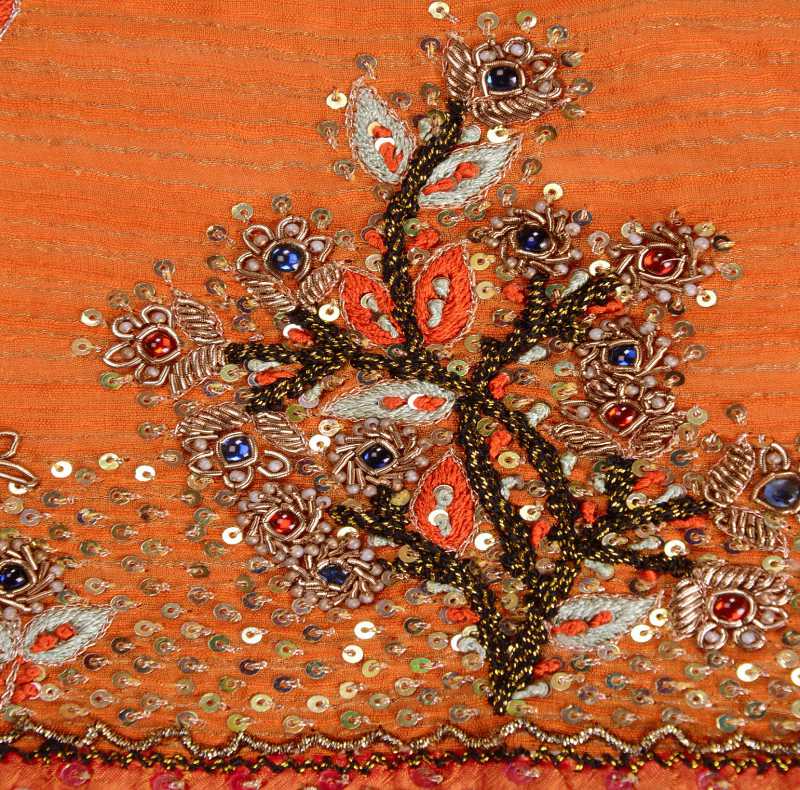===
0299,
4
===

=== |
 |
fi;Gaan : Cry of pain or distress, wailing, groaning, lamentation, complaint; clamour'. (Platts p.782)
FWP:
SETS
MOTIFS == LIVER
NAMES
TERMS == TUMULT-AROUSINGIt astonished me to see how much SRF liked this one, when it left me cold-- despite, or because of, all the fire reflected in the scorched liver and inflamed breast. I don't see why jigar-so;xtah-o-siinah-jalaa displays 'bold freshness' [be-baak taazagii], when that kind of thing is happening to the lover all the time.
It's no doubt true that the verse can be imagined as occuring in several different contexts, and thus as having a range of possible meanings. But for a poet like Mir, this kind of thing is no more than par for the course.
Compare a verse that has some thematic similarities (the ambiguous but powerful cry of a single lost and suffering soul), but ranges far more widely, and cuts far more deeply:
{256,1}.